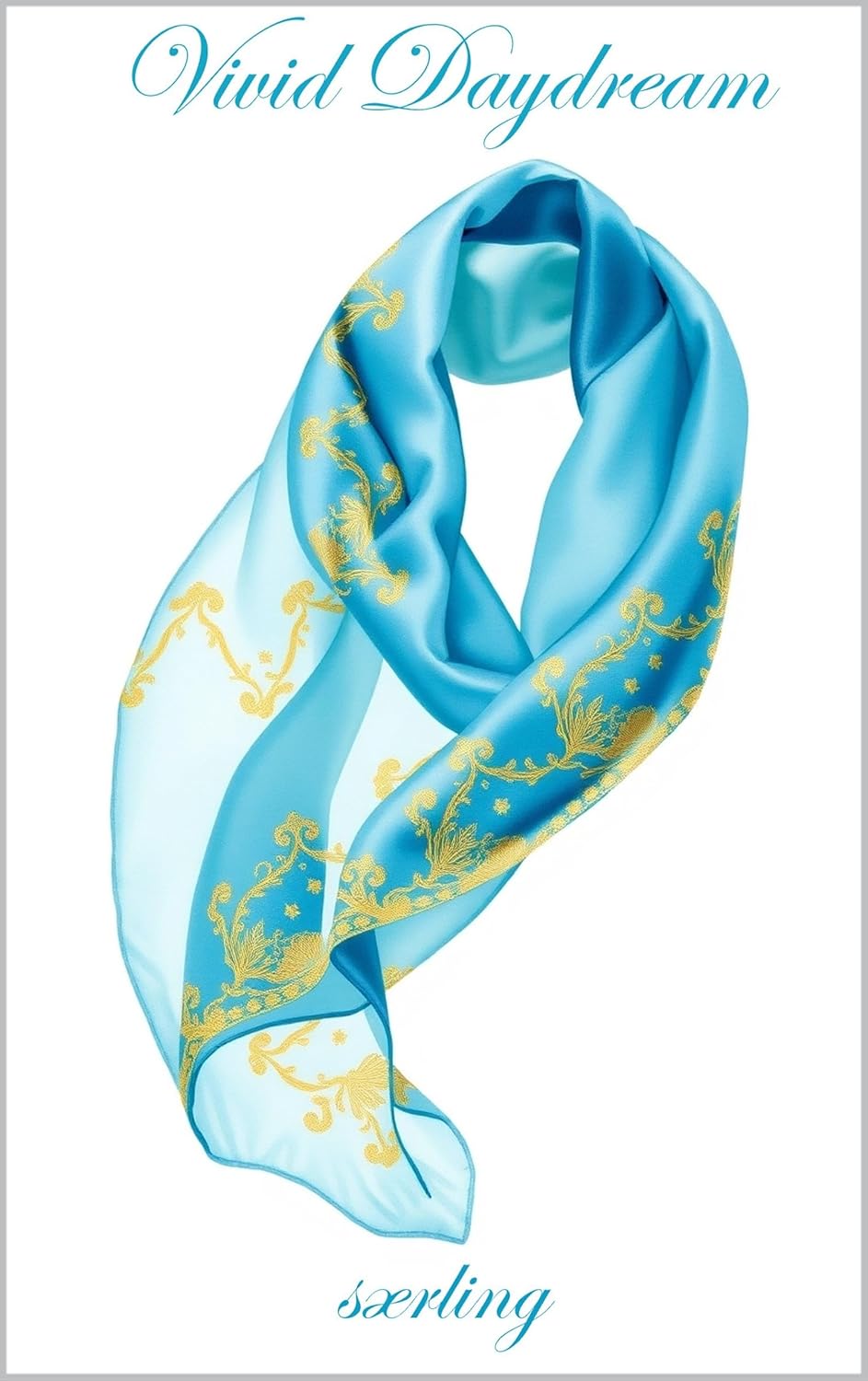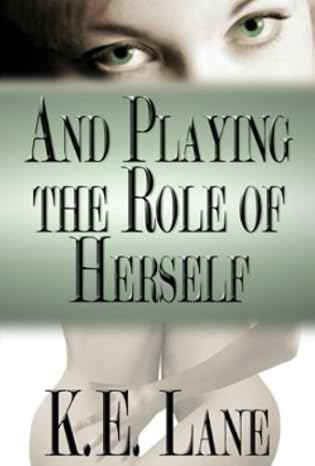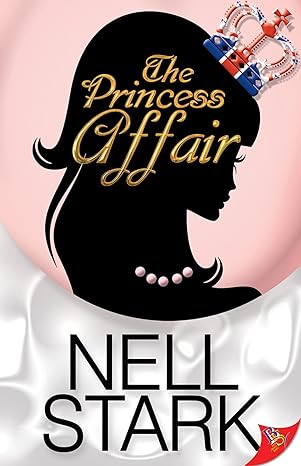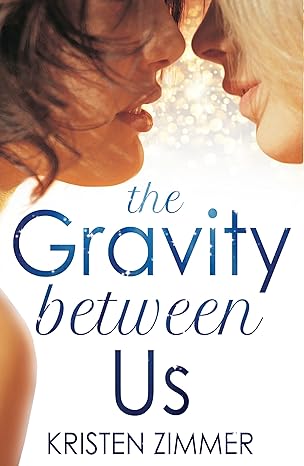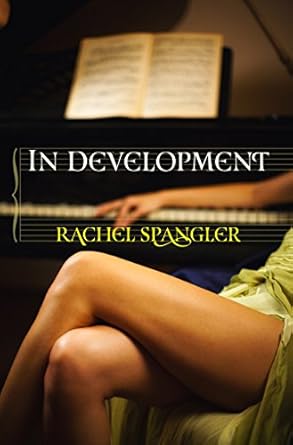Set in the early 19th century, this historical
romance is absolutely captivating.
Lucy Muchelney is brilliant at mathematics and has assisted
her astronomer father for years becoming a talented astronomer in the process.
However, given the times, her skills are unknown and all her work is attributed
to her father. Her painter brother thinks that her astronomy is of no value and
is toying with the idea of selling off her telescope. The low level friction at
home pales into insignificance when Lucy’s lover of five years, Priscilla
Carmichael, gets married to a Harry Winlock, since her grandmother’s trust only
becomes Priscilla’s on her marriage. When a devastated Lucy returns from attending
the wedding, she finds a letter from Lady Moth, Catherine St Day, widow of a
noted astronomer asking Lucy whether her father had an apprentice or student
who could help in translating a very important French work in the field to
English for the Polite Science Society. Lucy knows that she’s not been given
credit for her work so far but is indubitably suited for the translation with
the mathematical prowess, and in a moment of recklessness decides to go to
London and appeal to Lady Moth in person. Lady Moth is younger than Lucy
thought and more alluring than she expected. When Lucy faces rejection by the
Polite Science Society because of her gender, Catherine pulls out her financial
aid to the Society for the translation and redirects it towards Lucy’s
independent undertaking of the translation. The two women with vastly different
tastes and interests combat misogyny and patriarchy together finding unexpected
dimensions in themselves and in their relationship.
The writing is fantastic. Waite creates the atmosphere and
the environment with such dexterity that you can actually see every place and
feel every feeling. Some poetically brilliant sentences elevate the prose to
unexpected heights and take the emotions to soul-level depths. Catherine is a
wonderful character. Soft and vulnerable. Strong in many ways and fearful and broken
in others. She is entirely cherish-able. Lucy is young with the recklessness of
youth being battered by life and societal mores. Yet she is rather indomitable
and had wonderful singularity when it comes to love. The way the two women
strengthen and support one another is beautiful. The love between them, their
recognition of the other’s talents and gifts and the unflinching belief which
leads to the other spreading their wings – absolutely lovely. Priscilla is
written more negatively but our heart went out to the woman trying to make the
most of her situation within the confines of expectations. In fact, we even
felt our heart break a little for her when Lucy is cold and cruel to her. While
that scene between Lucy and Priscilla was important to the story between
Catherine and Lucy, we wish we didn’t have to witness it.
This is a wonderful read and highly recommended.
⭐⭐⭐⭐★



